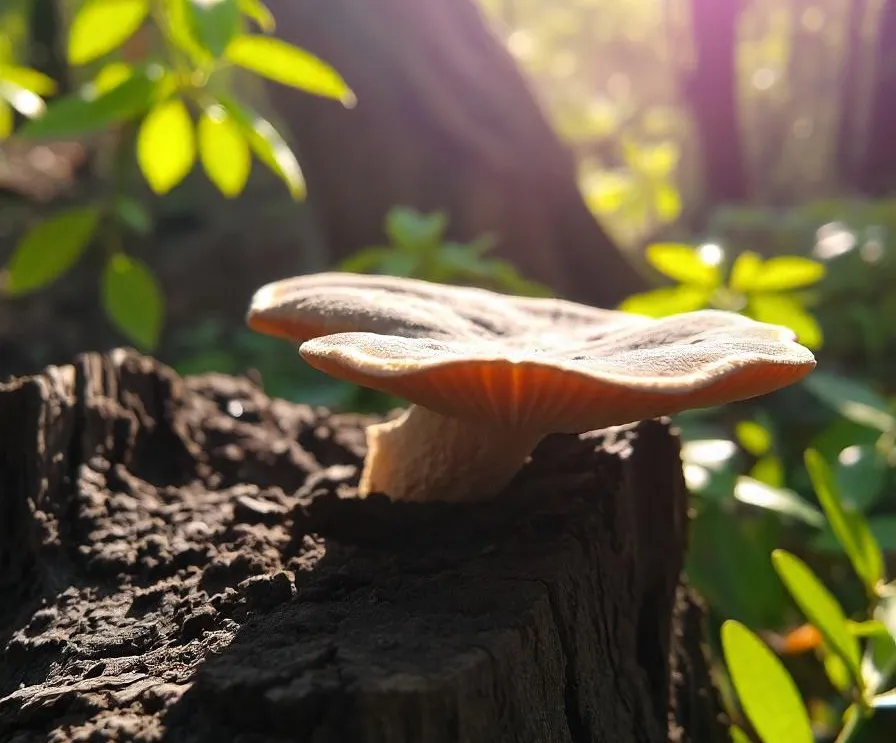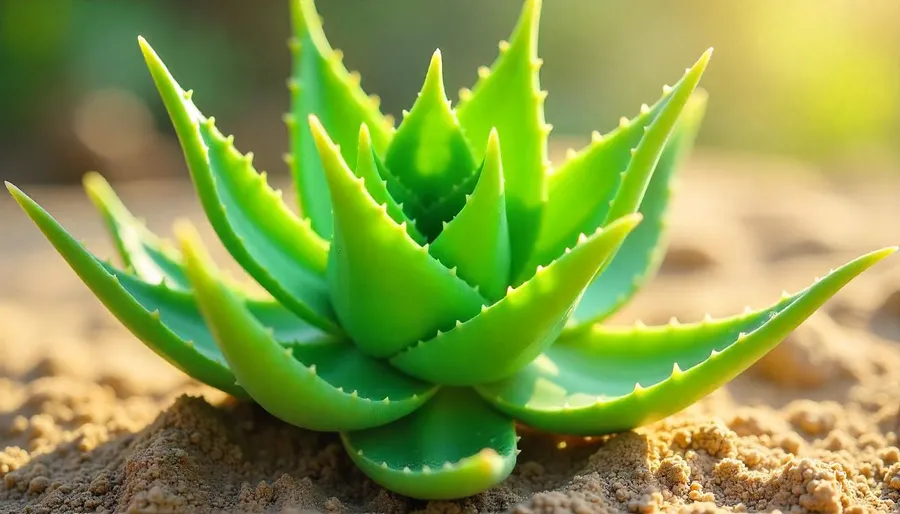Everyone knows about the health benefits of Sang-Hwang Mushroom (Phellinus linteus). Recently, I was gifted a bottle of Sang-Hwang Mushroom tea, and I was curious about the benefits of Sang-Hwang Mushroom.
I did some research on the benefits and how to consume them, and was surprised to find that they were even better than I thought. I realized that they were different from the mushrooms I usually eat.
To briefly explain the benefits, it has been used as a traditional Chinese medicine in China, Japan, and Korea, even being recorded as a medicinal ingredient in the Dongbogam. It contains a variety of bioactive compounds, including beta-glucans, polyphenols, and flavonoids.
Let’s take a look at the benefits of Sang-Hwang Mushroom and how to consume them.
Table of Contents
What is a Sang-Hwang Mushroom?

The Sang-Hwang Mushroom is a unique type of mushroom that primarily grows in Asia, especially in Korea, China, and Japan. This mushroom mainly grows parasitically on trees and is widely used as a traditional herbal medicine due to its excellent efficacy.
Like mushrooms sold in the market, it can also be artificially cultivated and is widely distributed. This mushroom has various benefits, including anti-cancer effects, immune system enhancement, liver health improvement, cardiovascular health promotion, and antioxidant effects, making it popular among health-conscious individuals who often consume it as tea or in capsule form as a dietary supplement.
The benefits of Sang-Hwang Mushroom.
The Sang-Hwang Mushroom is known to have excellent anti-cancer effects, and research results indicate that it is effective in the prevention and treatment of cancers in the digestive system. Additionally, it is reported to prevent aging through its antioxidant properties and to improve liver function.
Anti-cancer effect
The Sang-Hwang Mushroom is rich in anti-cancer components, which can contribute to the inhibition of cancer cell growth. Several studies have shown that extracts of the Sang-Hwang Mushroom have the efficacy to inhibit the proliferation of certain cancer cells.
The Sang-Hwang Mushroom is also rich in a polysaccharide called beta-glucan, which helps strengthen the immune system and inhibit the growth of cancer cells. There are also results indicating its effectiveness in inhibiting the proliferation of cells in liver cancer, lung cancer, and stomach cancer.
- Beta-glucan: It is a type of dietary fiber in the form of polysaccharides. It is known to be particularly abundant in mushrooms and is evaluated for its effects on lowering blood sugar, improving lipids, reducing weight, regulating the immune system, and having anti-cancer effects.
Strengthening immunity
The benefits of the Sang-Hwang Mushroom include strengthening the immune system. According to research, the beta-glucan component found in this mushroom activates our body’s immune cells to protect against external invaders, suppresses the growth of cancer cells, and helps regulate inflammatory responses to defend the body.
Blood sugar control
Mushrooms that are beneficial for diabetes patients can help regulate blood sugar levels. Research indicates that the components of these mushrooms are effective in promoting insulin secretion and stabilizing blood sugar.
Beta-glucan slows down the absorption rate of carbohydrates, alleviating sharp spikes in blood sugar after meals, and helps move glucose from the blood into the cells, thereby lowering blood sugar levels.
Antioxidant action
The most well-known antioxidant component of the Sang-Hwang Mushroom is said to help prevent aging and inhibit cell damage. Research has shown that it is particularly effective in removing reactive oxygen species.
These antioxidants help strengthen our body’s immune system and alleviate inflammatory responses, and they are also known to be effective in preventing chronic diseases such as cardiovascular diseases, strokes, and cancer.
How to consume Sang-Hwang Mushroom
There are a number of ways to effectively consume Sang-Hwang Mushroom. The most common are steeped as a tea or powdered and added to drinks.
Drink as tea
The easiest way to consume sakura is to boil it and drink it as a tea. Simply add dried maitake to water and boil for 2-3 hours, then enjoy as a tea. To reduce the bitterness, try adding dates, licorice, or honey.
Taking it as a powder
Commercially available powdered Sang-Hwang Mushroom can be added to food or taken with water. They are also available in capsule form as a dietary supplement. However, depending on your individual constitution, you may experience side effects such as indigestion, so it’s best to start with a small amount at first.
Cooking
King oyster mushrooms can be used in a variety of dishes. They can be cooked and enjoyed in stir-fries, broths, soups, and many other ways.
What to look out for with sagebrush
Although generally safe, Sang-Hwang Mushroom can cause allergic reactions in some people. It’s important to start with a small amount if you’re trying them for the first time and make sure they’re tolerated by your body.
- Digestive system side effects: Digestive system side effects such as diarrhea, abdominal pain, and indigestion may occur, especially in people who take too much or have a weak digestive system.
- Allergic reactions: If you experience symptoms such as itching, hives, or other symptoms, discontinue consumption immediately and consult a physician.
- Decreased liver function: People with poor liver function should consult with their doctor before consuming sarsaparilla as it may worsen liver function.
It’s a natural food with many health benefits, so if you have a compromised immune system or are prone to inflammation, it’s a good idea to include it in your diet.





